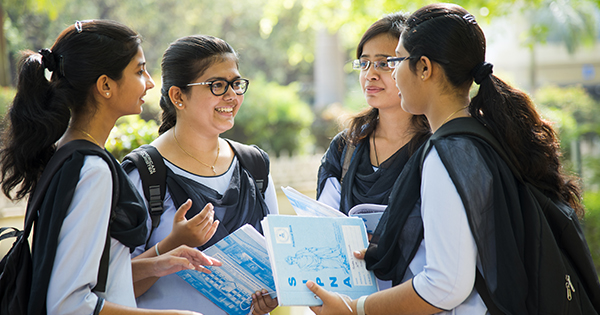India is a vast country with a population of more than 1.2 billion. 75% of IndiaÔÇÖs population lives in about six lac villages. There is a visible difference in rural and urban, rich and poor, highly educated and lesser educated, forward and backward areas.
Vocation and Career
While resourceful people, particularly those living in urban areas, have had access to better education and professional training, but vast majority of those who live in rural areas and slums are lesser educated and hardly undergo any technical, professional and vocational training. In fact, for most of such people, quality education and higher technical and professional education is unaffordable.
In terms of career options, such lesser educated and not so fortunate people tend to work in low paid unorganized sector. Per person productivity of such persons works out to be a small fraction of productivity of those who work in organized sector of Indian economy. In an increasingly competitive economic environment of our country, the unorganized sector, which is so important for the country, needs to increase the productivity of its manpower for its survival and growth.

Yet another paradox before the Indian informal sector is that it can not afford employing highly educated and professionally trained manpower which usually aspires for highly challenging, rewarding and satisfying career. The only option available before the Indian informal sector is to depend upon relatively low paid manpower trained through nonformal system of skill development.
There is, therefore, an urgent need to train millions of persons every year through a countrywide network of non-formal skill development. Such non-formal skill training should attract beneficiaries from all cross-sections of Indian society.
There are more than 3200 polytechnics and equivalent technical institutions which exhibit potential to provide skill training to millions of youth through their own facilities and or by establishing extension centres in collaboration with ITIs, or Vocational Skill Knowledge providers, NGOs. These polytechnics can also render useful services in adoption of appropriate technologies and providing technical and support services to rural people and slum dwellers.



